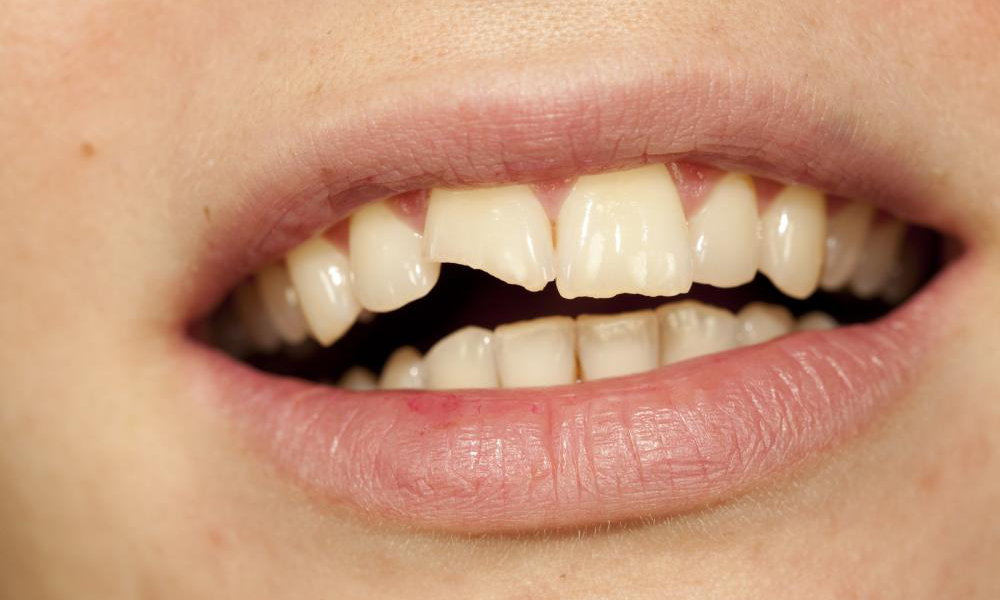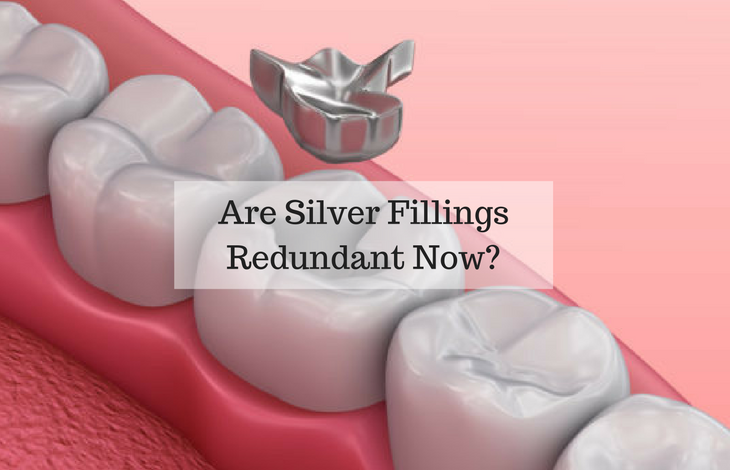A brilliant smile, fresh breath, and no pain when sipping a frozen lemon squash or snacking on a hot meat pie are desirable. However, this is not always the case thanks to cracks, holes, and fractures in your teeth. While teeth are remarkably strong and impermeable, they are not immune to chipping, cracking, or breaking. Here, we look at some common dental issues.
Cavities
A cavity, which is a decayed area affecting the hard coating of your teeth, can develop into holes. A cavity often results from the buildup of plaque and is caused by a combination of factors, including bacteria and poor cleaning. You can detect a cavity if you experience pain in your teeth or your tongue feels a hollow surface on the crown. Depending on the severity, cavities can be treated using fillings, crowns, or root canals.
Chipped teeth
You are likely to chip your teeth if you often bite on hard foods such as ice and nuts or you frequently grind your teeth. With chipped teeth, you’ll feel pain when chewing as well as sensitivity to heat, cold, and sugar. Have a dentist examine the chipped tooth for severity. Minor chips may only require polishing to smooth out the chipping. However, if the damage is extensive, the dentist may need to fill it to restore its integrity and shape.
Fractured cusps
Fractured cusps happen when a piece of the horizontal surface of a tooth breaks. Fractured cusps are common around a dental filling and pointed edges. Since they don’t reach the pulp, they are painless and can easily be resolved. The restoration process involves inserting a tooth onlay or a crown.
Split tooth
Diagnosing a split tooth can be difficult as the crack may be so small that it’s not visible on an x-ray. A split tooth occurs when a tooth breaks vertically in two. This is usually the case with molars as they have more than one root. Symptoms may include pain that comes and goes when chewing. Treatment may vary from inserting a crown, a root canal or even having a tooth extraction.
Bottom line
Do not hesitate to visit your dentist should you notice a crack, fracture, or unexplained pain in your teeth.
Read Also:




